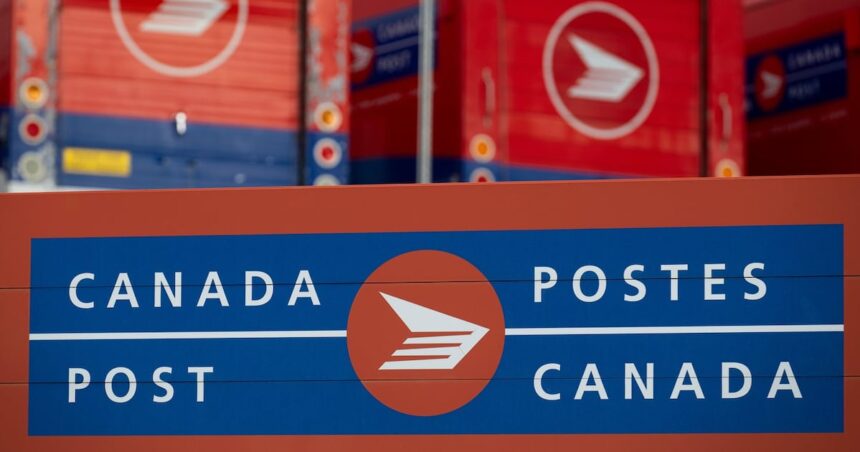The long-awaited return to the bargaining table between Canada Post and its largest union is finally happening this week, but Torontonians shouldn’t expect their mail delays to disappear anytime soon.
As negotiations resume, the Canadian Union of Postal Workers (CUPW) continues its ban on overtime work that began earlier this month – a labor action that’s been causing noticeable delivery slowdowns across the Greater Toronto Area.
“We’re seeing unprecedented backlogs at our Mississauga and Scarborough sorting facilities,” explained Martin Reynolds, a postal worker I spoke with yesterday outside the Eastern Avenue depot. “Some neighborhoods are only getting mail deliveries twice a week now instead of daily.”
The overtime ban represents a strategic move by the union after months of stalled contract talks. CUPW, representing about 55,000 workers nationwide, is pushing for improved working conditions, better wages, and enhanced job security in an era where traditional mail services face growing challenges.
For small business owners like Sarah Chen, who runs an online clothing boutique in Leslieville, the timing couldn’t be worse.
“Summer is my busiest season, and now I’m getting daily complaints about shipping delays,” Chen told me. “I’ve had to switch some deliveries to private carriers, which cuts into my margins significantly.”
Canada Post spokesperson Andrea Michaels acknowledged the disruptions in a statement yesterday, noting that “delivery standards cannot be maintained during this labor action,” but assured customers that “essential services continue to operate.” The Crown corporation estimates delivery times could be extended by 3-5 business days in urban areas like Toronto.
The economic impact extends beyond inconvenience. According to the Toronto Board of Trade, shipping delays cost local businesses approximately $3.2 million daily in lost productivity and customer compensation.
Behind the slow-moving negotiations are fundamental disagreements about the future of postal work in Canada. The union seeks protections against increasing automation and gig-economy delivery models, while Canada Post aims to modernize operations amid declining letter mail volumes.
“This isn’t just about money,” explained Dr. Sanjay Patel, labor relations expert at York University. “It’s about defining what postal service means in the digital age and who benefits from that transformation.”
For Toronto residents, the practical effects are becoming increasingly apparent. Time-sensitive documents, government communications, and even medication deliveries face uncertain timelines.
“I’m waiting on a passport renewal that was supposed to arrive last week,” said Etobicoke resident Maya Johnson. “My flight is in two weeks, and now I’m worried I’ll have to pay for expedited processing.”
The labor dispute highlights the continued relevance of physical mail delivery despite digital alternatives. Statistics Canada reports that while personal letter mail has declined by 54% since 2006, parcel delivery has increased by over 200% during the same period.
Canada Post and CUPW representatives are scheduled to meet Thursday with federal mediators present. Neither side has publicly stated how long they expect negotiations to last or when normal operations might resume.
In the meantime, Toronto businesses and residents are adapting. Many companies are posting notices about potential delays, and community bulletin boards across the city feature neighbors offering to share critical mail information.
As both sides return to negotiations, the challenge remains finding a sustainable path forward that addresses both worker concerns and operational realities. For Torontonians accustomed to reliable mail service, patience may be the only immediate solution.







